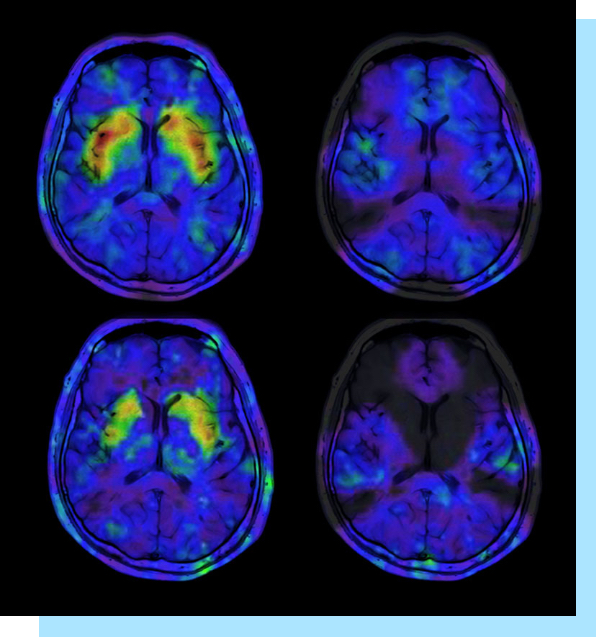
Meth can be smoked, snorted, injected, or taken in pill form.
Stimulants like meth work by telling your brain to release a lot of dopamine, which is a chemical that can make you feel good in the short-term. But over time, meth can deplete the brain of important areas of the brain that make you feel good, resulting in depression and poor mood over time. There are also immediate heart and other health problems that meth can cause through its stimulating effects on the body that can be life threatening.
Of all recreational drugs, meth pushes dopamine levels and how one feels to the highest highs and the lowest lows. This makes it one of the most addictive drugs.











